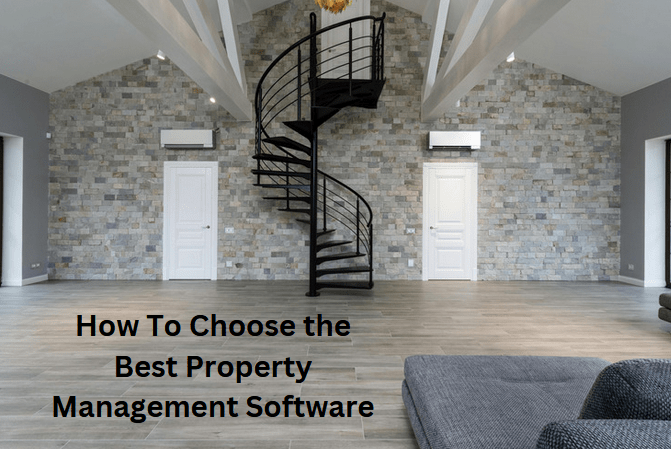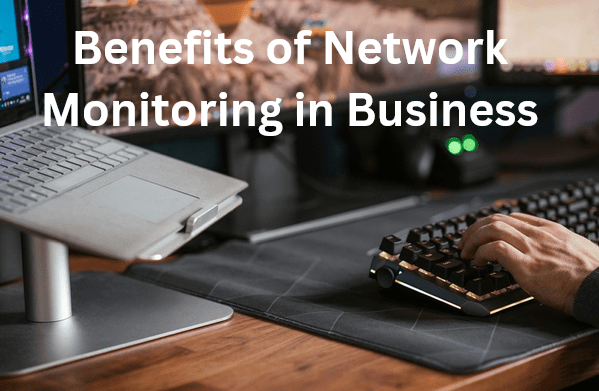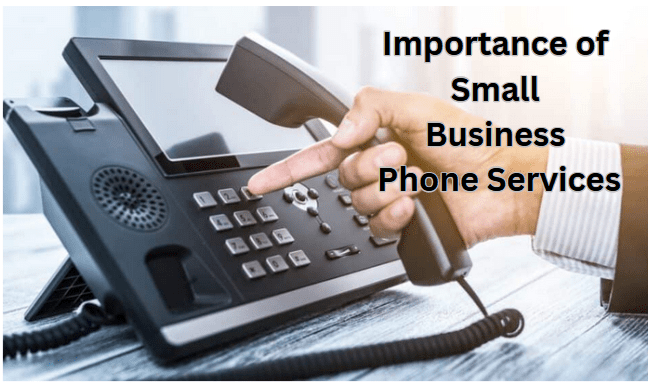In the present day fast-evolving world of property management, selecting the best software solution is paramount. This in-depth guide simplifies this process, and offer actionable insights to help you make the right choice of software for your business.
Streamline your property management operations with our comprehensive guide, covering everything from defining your needs to evaluating features, integration capabilities, security, and more. Make an informed decision that aligns with your business goals and sets you up for success in the dynamic real estate industry.
4 Key Attributes of Property Management Software:
1. Tenant Administration
Effective property management software offers robust tenant administration features, enabling seamless oversight of tenant details, lease agreements, and communication channels. It streamlines rent collection procedures by automating the process and issuing timely notifications regarding late fees.
Additionally, it facilitates the monitoring of maintenance requests and enables property managers to efficiently oversee repair activities, ensuring tenants’ concerns are addressed promptly.
2. Lease Oversight
An essential attribute of property management software is its capability to manage lease oversight efficiently. This includes cataloging lease agreements and tracking lease terms and renewal schedules accurately.
The software can generate lease-related documentation swiftly and automate reminder notifications to ensure compliance with lease obligations. Furthermore, it simplifies the management of security deposits and facilitates adjustments in rental fees as necessary, enhancing the overall lease administration process.
3. Maintenance Monitoring
Property management software provides valuable tools for monitoring maintenance activities effectively. It allows users to generate work orders swiftly and assign tasks to maintenance personnel efficiently. By tracking maintenance expenditures and overseeing repair timelines, the software ensures that property maintenance is conducted promptly and within budgetary constraints.
Moreover, it enables property managers to schedule preemptive maintenance tasks, thereby minimizing the occurrence of costly repairs and prolonging the lifespan of property assets.
4. Financial Analysis
Good property management software offers robust financial analysis capabilities, allowing property managers to gain valuable insights into their financial performance. It enables the generation of detailed financial reports encompassing income statements and balance sheets, providing a clear overview of revenue streams and expenses.
The software accurately tracks payments, outstanding debts, and other financial transactions, facilitating precise financial management. Additionally, it simplifies tax-related procedures by providing detailed financial insights and ensuring compliance with regulatory requirements.
Steps for Choosing the Optimal Property Management Software
Below are 10 actionable steps for choosing the optimal property management software for your business in 2024.
1. Identify Your Requirements and Objectives
Begin by pinpointing your specific needs and goals. Assess factors such as property type, size, services offered, and growth potential. This initial step sets the foundation for your software selection journey.
2. Comprehensive Features for Seamless Management
Look for software that offers a robust suite of features tailored to your requirements. Key functionalities to prioritize include tenant and lease management, accounting, maintenance scheduling, online portals, and customizable reporting.
3. Seamless Integration for Efficiency
Ensure the software seamlessly integrates with your existing tools and systems, such as accounting software and CRM platforms. This integration streamlines data flow, minimizes errors, and enhances productivity.
4. Mobile Accessibility for On-the-Go Management
In today’s dynamic landscape, mobile accessibility is non-negotiable. Choose software with dedicated apps or responsive web interfaces to manage tasks efficiently, whether in the office or out in the field.
5. Tailored Customization and Flexibility
Opt for software that offers customization options to adapt to your unique business processes. Flexible settings empower you to tailor the software to evolving needs and industry-specific requirements.
6. Prioritize Security and Compliance
Protect sensitive property and financial data by selecting software with robust security measures, including data encryption and role-based access controls. Ensure compliance with industry regulations such as GDPR and HIPAA.
7. Reliable Customer Support and Training
Evaluate the level of customer support provided by the software provider, including availability and expertise. Look for comprehensive training resources and ongoing support to maximize software potential.
8. Transparent Pricing and Scalability
Understand the pricing structure, including subscription fees, setup costs, and additional charges. Choose a scalable solution aligned with your budget and growth trajectory, avoiding hidden costs.
9. Reputation and Reviews Matter
Research the reputation of the software provider through customer reviews and industry ratings. Consider longevity, track record, and commitment to innovation and customer satisfaction.
10. Test Before You Invest
Take advantage of free trials or demo versions to thoroughly assess software performance, usability, and compatibility with your workflow. This hands-on approach ensures an informed decision.
In Conclusion, selecting the best property management software is pivotal for efficiency, productivity, and profitability. By carefully evaluating your needs, considering key factors such as features, integration capabilities, security, and customer support, and conducting thorough research and testing, you pave the way for success in the real estate industry. Remember, it’s not just a tool; it’s an investment in your business’s future.




